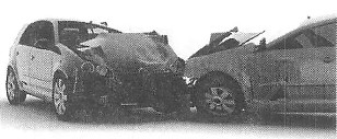
下载APP

举一反三

【单选题】The word grasped in paragraph 3 is closest in meaning to() A. reduced B. challenged C. understood D. hidden
A.
1 Both the Greeks and the Romans minted coins. The Romans called the place where coins were made and stored by the Latin word moneta, the ancestor of the English word money. Even after coins were developed, however, the world was still a long way away from our current system of money. Each city made its own coins, with no common way of exchanging one type for another. Gradually, traders worked out different rates of exchange.
B.
2 Another complication lay in the fact that for thousands of years, most people did not use money for important purchases. Although the wealthier classes used money for major transactions, ordinary people continued to barter for most things in their daily lives. For example, workers would be paid in food, clothing, and shelter, rather than in money. Farmers would grow food and make items for themselves, trading the tiny surplus for whatever they could not make or grow.
C.
3 Paper money had a lot of advantages: it was lighter and easier to carry. It was also a lot cheaper to make. The development of paper money meant that people had grasped the difference between money as a symbol and money as something that was worth only the actual cost of the paper and ink in making a bill. The first known use of paper money was in China, around the year 1300. The first use of paper money in Europe was in Sweden in the 1600s, a time of extensive international trade and exploration. Because paper money made trade easier and more efficient, its use quickly caught on throughout the world.

 撞
撞




